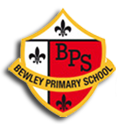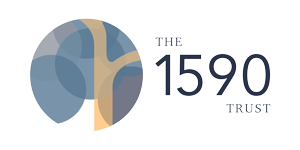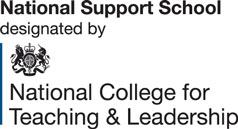Computing
Intent
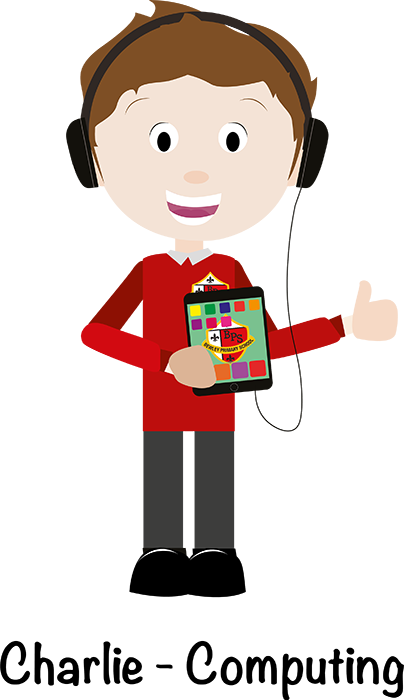
At Bewley Primary School, we want our students to be masters of technology and not slaves to it. Our computing curriculum aims to empower students with skills and knowledge grounded in computer science, information technology and digital literacy:
- Computer Science – the understanding of coding and programming across a range of physical devices and digital resources.
- Information Technology – the range of skills required to operate and manipulate specific programs, systems, and content.
- Digital Literacy – the knowledge required to use technology safely and to evaluate and react to any potential risks of the online/digital world.
Through computing, we will foster qualities that enable students to shine as compassionate, moral citizens; to be proud of their heritage, personal achievements, and those of others; and to develop self-belief and confidence while striving to be the very best they can be. This embodies our ‘Bright, Proud and Successful’ school motto.
Implementation
Curriculum Delivery
We use the ‘Teach Computing’ scheme and selected units from ‘Purple Mash’ to deliver a comprehensive and progressive computing curriculum. These resources provide a structured framework that ensure rich coverage of the key aspects of the national curriculum. Childrens’ computing journey at Bewley begins in our EYFS with information technology, creativity and problem solving, before branching into ‘Computing systems and networks’, ‘Creating media’, ‘Programming’ and ‘Data and information’ from years 1 to 6. Activities from these units are stored in childrens’ individual portfolios on Seesaw. Children are encouraged to use all of Seesaw’s tools and accessibility features to present their learning in a variety of ways. This ensures that computing is creative, engaging and inclusive for all of our learners.

Our units of learning are carefully sequenced and spaced appropriately to match with our whole-school topic overview and different events throughout the year, ensuring that computing is integrated within broader educational themes. This cross-curricular approach allows us to draw connections between computing and other areas of our curriculum, making learning engaging and relevant for our students.
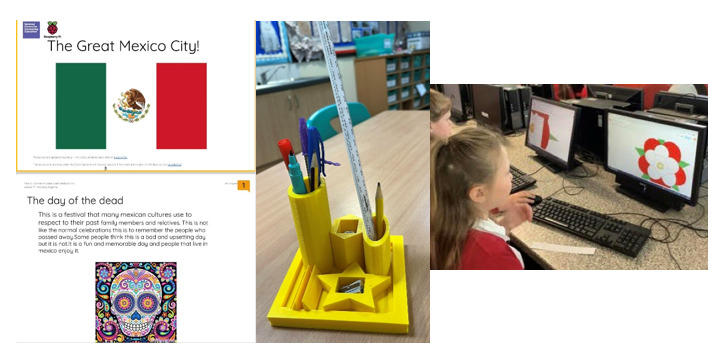
To further bring computing to life and enrich our curriculum offer, we integrate physical computing across our school group. In early years, we use programmable toys to introduce young learners to basic programming concepts. As students progress, we incorporate Beebots, Crumbles, and Micro:bits to engage them in hands-on, tangible learning experiences.
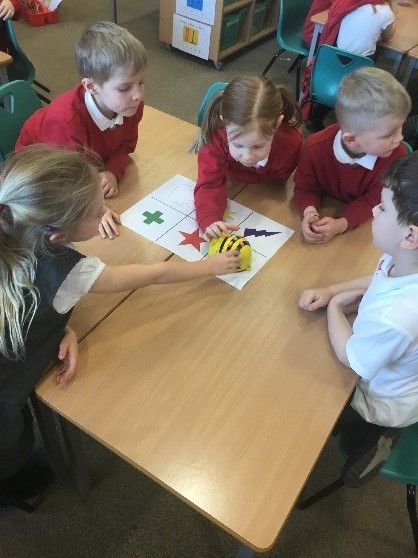
Online Safety
We place a strong emphasis on online safety in every computing lesson, guided by the principles outlined in the “Education for a Connected World” framework. Teachers supplement their lessons with activities from the Project Evolve website, which cover statements from each of the eight online safety areas as outlined in this framework. These principles are delivered as lesson starters and can take the form of quick quizzes, recaps, scenario sharing, videos, or key questions for discussion, fostering a holistic understanding of responsible digital citizenship as detailed in the framework.

We also celebrate the annual ‘National Online Safety Day’ to raise awareness of safe and responsible internet use. This special day includes whole-school activities, discussions and child-led assemblies that reinforce the importance of online safety, empowering our students to make informed, ethical choices online.
Digital Leaders
To support the implementation of our curriculum, Bewley Primary has a dedicated Digital Leaders team, comprised of students who assist with the organisation of resources and promotion of responsible usage of technology across our schools. They support teachers in setting up lessons, introducing new apps, and facilitating discussions on key online safety themes linked to current issues. This empowers students to become peer educators and leaders of the future.

Through these implementation strategies, we ensure that our computing curriculum not only equips students with essential digital skills but also nurtures the qualities needed to become ‘Bright, Proud and Successful’ in the field of computing.
Impact
After the implementation of our robust computing and online safety curriculum, children at Bewley Primary will be digitally literate and able to join the rest of the world on its digital platform. They will be equipped, not only with the skills and knowledge to use technology effectively and for their own benefit, but more importantly – safely. The biggest impact we want on our children is that they understand the consequences of using the internet and that they are also aware of how to keep themselves safe online.
We measure the impact of our curriculum through the following methods:
- Pupil discussions and questioning the pupils about their learning (pupil voice).
- Monitoring lessons with our computing subject lead visits, followed by reflective staff feedback (teacher voice).
- Childrens’ Seesaw portfolios – photographs, voice recordings, drawings and writing
- Monitoring of foundation assessment outcomes to identify gaps in learning/successes
- Opportunities for dialogue between teachers and parents in order to keep children safe online at home as well as in school.

